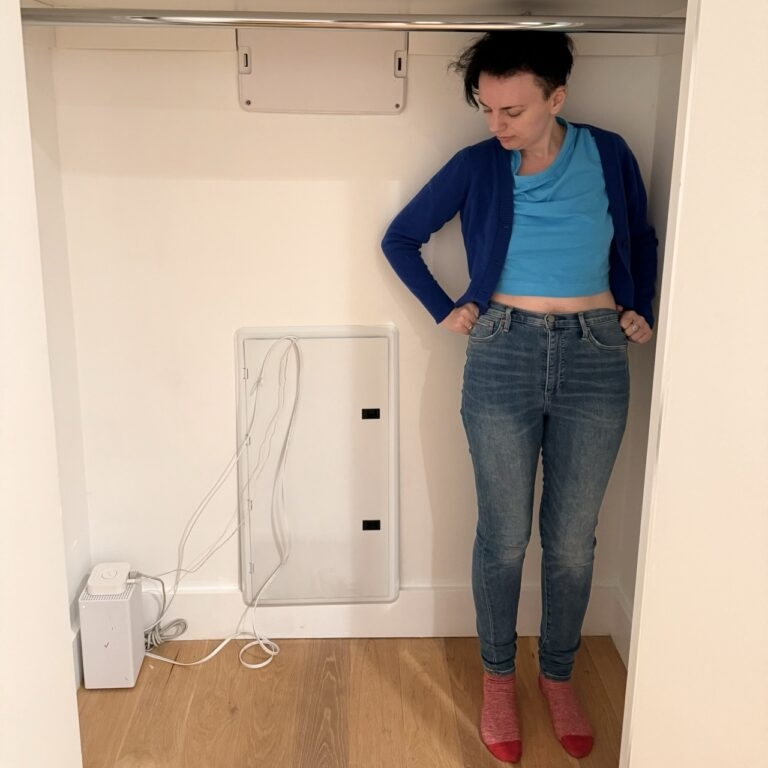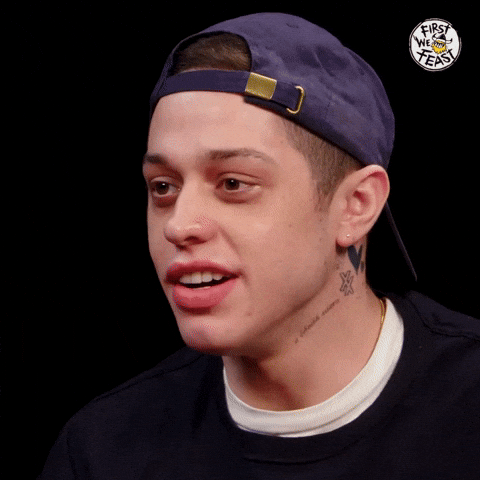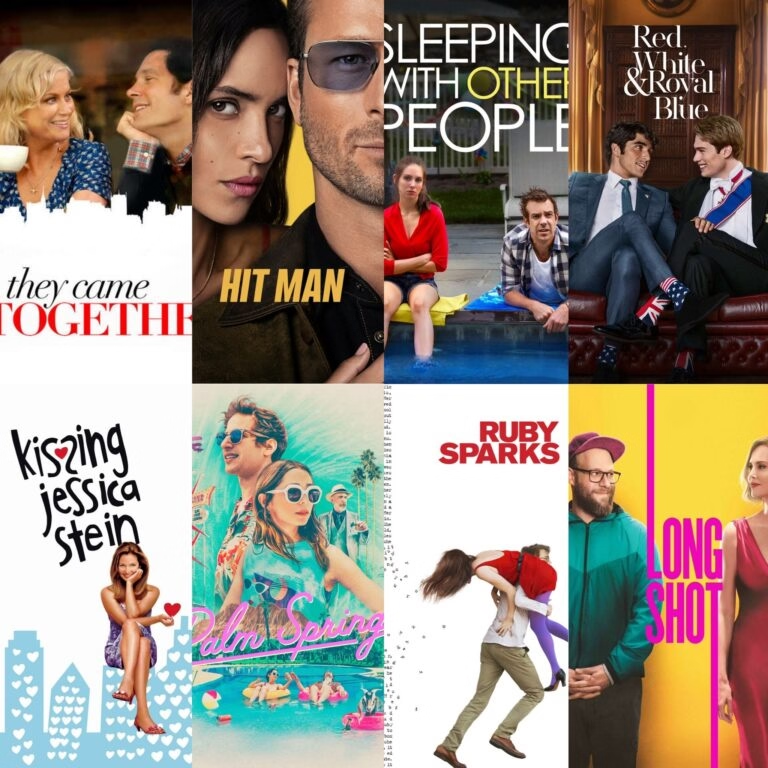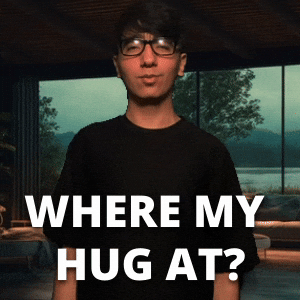Sex Educator Spotlight: Deborah Roffman
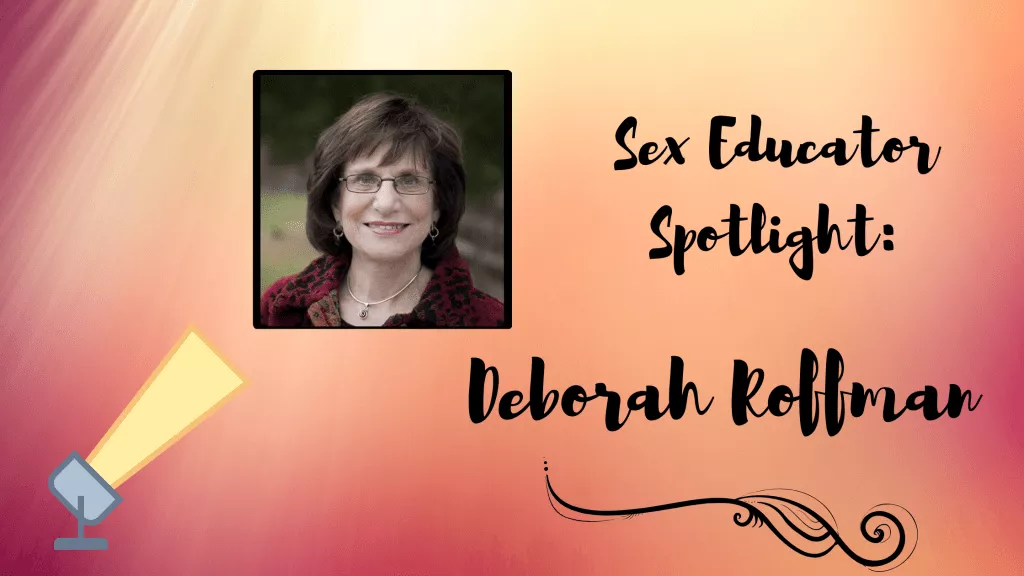
When I learned I was finally pregnant nearly a decade ago, my priorities shifted quickly from fertility treatments to parenting prep. As a long-time sex writer who had recently become passionate about sex education, I was particularly concerned with how to be a sex-positive, askable parent who raised a sex-positive, healthy child. Deborah Roffman’s books were essential to my self-education, and my copies of Sex & Sensibility and Talk to Me First remain on my bookshelf.
Recently, I received a copy of The Science of Babies, the recently-released board book Deborah Roffman created with illustrator Frank Cable. As Roffman later told me, the book is based around the three questions parents had been telling her for decades that their young children spontaneously ask: Where did I come from? How did I get out of there? And how did I get in there in the first place?
After reading her latest, I reached out to Roffman for an interview and, when she said yes, I tried not to fangirl too hard. Here’s our conversation, edited down for space.
Could you talk to me about your journey to becoming a sexuality educator?
Like a lot of people my age, I fell into this work purely by accident. I needed a job and I saw there was an opening at this place called Planned Parenthood, which I didn’t know a whole lot about. I became a community outreach person working primarily in the education department. The Family Planning Act had just been passed and signed by Richard Nixon, so it was a very exciting place. They were training people from all over the country. So, from the very beginning, I was a teacher and a trainer.
Eventually, I left to become a planned parent! Not long after, I began teaching human sexuality education at an amazing independent school in Baltimore. It’s a place where the adults in the building aren’t afraid of the wrong things and never have been. I’ve had total freedom in terms of curriculum development in the elementary, middle, and high school. They only told me one thing when I was hired: Go be a wonderful educator. And the only rule is that you must listen first and lesson plan later.
And that was revolutionary at the time. It still is in most schools. So that’s what I’ve been doing. I’ve been listening to kids and their parents all these years and I’ve been the student.
Eventually, I began to write books for parents and teachers, and I began to consult. I’ve worked with more than 400 schools across the United States on curriculum development, teacher training, and parent education. My primary focus right now is elementary school and that’s my passion so, although I’m a K through 12 person and I consult on a K through 12 basis, my heart is with younger children.
What is it about this work that feels so essential to you?
Let’s put it this way. We’re kidding ourselves if we think that we can continue, as we have done forever, to abdicate around the needs of young children. What we’re doing is not just creating cognitive deficits for our kids, but we are actually disabling their ability to think, and to think critically about human sexuality. Across the country, schools are three to seven years late teaching basic benchmarks of information, even about human reproduction.
After all, our children are not growing up in a vacuum. My experience is that if we are not engaged with our kids before third grade, we’ll be playing catch-up and remediation in terms of their education, well, forever. We’ll have to start by helping them unlearn not only misinformation and the faulty assumptions they have, but also the attitudes they’ve absorbed and the embarrassment and discomfort they’ve “caught” from people around them. And we’ll never get to what’s at the bottom. So, we’re crippling their long-term understanding of the subject. When I teach them again when they’re older, for example, they often don’t know their inside parts from their outside parts.
What are the most common fears among parents in terms of talking to their kids about human sexuality?
At the root of them all is the worry among parents that this knowledge might be potentially harmful in some way. They’re often not sure why exactly, but they describe a diffuse sense of anxiety that comes over them when the subject comes up. It’s this irrational fear that makes us think we’re protecting our children. And as a result, we create huge double standards around this kind of education in relation to others. I mean, would we expect fourth graders to do long division if they hadn’t learned numbers yet?
And I’m not willing for this to go on. Because look at the implications for middle and high school teachers. For one thing, it makes their job almost impossible because you can’t undo all of that. Those myths about sexuality… what you learn first sticks. This kind of neglect regarding any other subject would be considered educational malpractice.
There’s so much misinformation being spread throughout the culture. What advice would you give to parents who feel like they’re pushing back against so much misinformation?
About 25 years ago, I had a true epiphany. It changed my life. It changed my teaching. It changed my parenting. I’m a different grandparent now than I would have been. I saw in a flash something about children that I had not seen before. I saw who children are in relation to adults, and I saw that our job as teachers and parents and families is to nurture them from total dependence to near-total independence.
Children come into the world with five core nurturing needs: affirmation, information, clarity about values, limit setting and anticipatory guidance. And in meeting those needs for children day by day, week by week, month by month, year by year, we are teaching them how to meet those needs on their own. And when they can do that, they’re capable of managing an adult life.
As a parent and an educator, I stopped thinking about “parent” as a noun and began to think of it as a verb. “To parent” equals “to nurture” around these five needs around everything in their life, including children’s sexual and gender development. So, my message to parents is, first of all: “This is your job description.”
For example, let’s talk about information and knowledge. We worship knowledge, but not around this subject. So I help by reminding them: This is not about “sex.” This is about your child and meeting their core developmental needs.
And then there’s affirmation, which is unconditional love and acceptance for who children are. So what’s going on, particularly in regard to sexual and gender minority youth, is horrible. We’re not affirming them for who they are.
Could you share with me some of the educators you’ve looked up to and who you think are doing amazing work today?
There’s no question about who’s ahead of the curve and teaching other educators, folks like Bill Taverner, Shafia Zaloom, Al Vernacchio, Tanya Bass, and Justine Fonte. And there are some brilliant, less well-known innovators who are developing curricula and training others. Two I really admire are Sarah Huss at the Campbell Hall school in Los Angeles and Jessica Balzano at The Alexander Dawson School in Las Vegas.
Is there anything else you want readers to know?
I’ll tell you what my dream is. My dream is that one day, in the United States of America, it will be families and schools, working in partnership, who become the primary reference points in children’s lives around issues connected to human sexuality. So that they will have our lens over their eyes, our voice in their ears, our frames—the way we want them to think about sexuality—embedded in their memory cells. And no matter what else they’re exposed to, it’ll have to be filtered through that.


 Anal Beads
Anal Beads Anal Vibrators
Anal Vibrators Butt Plugs
Butt Plugs Prostate Massagers
Prostate Massagers
 Alien Dildos
Alien Dildos Realistic Dildos
Realistic Dildos
 Kegel Exercisers & Balls
Kegel Exercisers & Balls Classic Vibrating Eggs
Classic Vibrating Eggs Remote Vibrating Eggs
Remote Vibrating Eggs Vibrating Bullets
Vibrating Bullets
 Bullet Vibrators
Bullet Vibrators Classic Vibrators
Classic Vibrators Clitoral Vibrators
Clitoral Vibrators G-Spot Vibrators
G-Spot Vibrators Massage Wand Vibrators
Massage Wand Vibrators Rabbit Vibrators
Rabbit Vibrators Remote Vibrators
Remote Vibrators
 Pocket Stroker & Pussy Masturbators
Pocket Stroker & Pussy Masturbators Vibrating Masturbators
Vibrating Masturbators
 Cock Rings
Cock Rings Penis Pumps
Penis Pumps
 Wearable Vibrators
Wearable Vibrators Blindfolds, Masks & Gags
Blindfolds, Masks & Gags Bondage Kits
Bondage Kits Bondage Wear & Fetish Clothing
Bondage Wear & Fetish Clothing Restraints & Handcuffs
Restraints & Handcuffs Sex Swings
Sex Swings Ticklers, Paddles & Whips
Ticklers, Paddles & Whips







